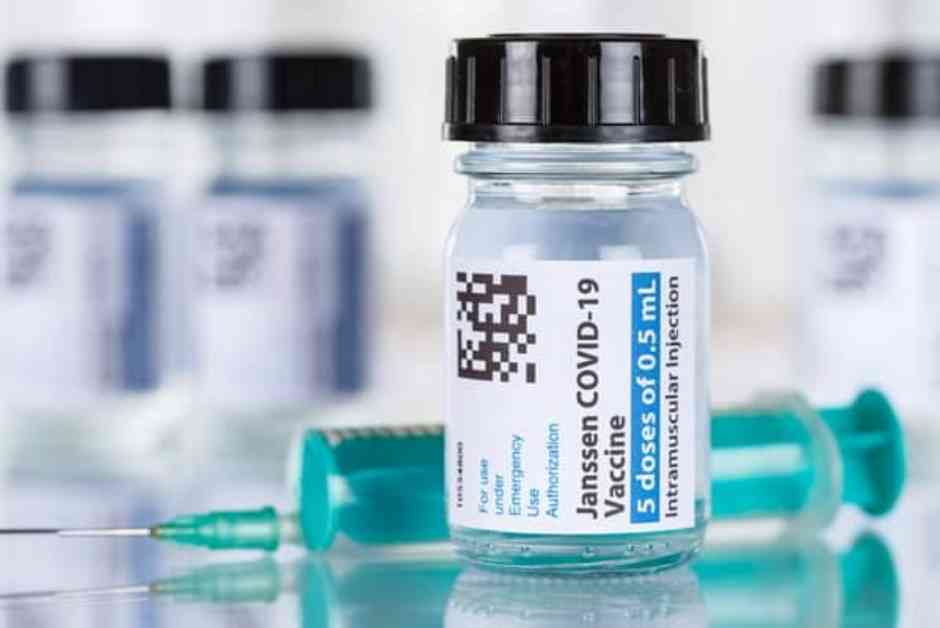The return to school and university in London has raised concerns about immunity levels among students, as vaccination rates have fallen below the World Health Organization’s recommendations. Dr. Avinash Hari Narayanan, a leading testing expert and Clinical Lead at London Medical Laboratory, warns of a potential surge in infections as young people enter educational institutions without essential vaccinations.
Falling vaccination uptake levels in England over the past decade have become a cause for alarm. Various childhood vaccinations, including those for whooping cough, measles, mumps, rubella, polio, meningitis, and diphtheria, have seen declining rates. This decline can be attributed to a combination of factors, such as historical MMR vaccination scares, disruptions in school inoculation schedules due to Covid lockdowns, and a decrease in pre-school vaccinations.
The UK’s Health Security Agency (UKHSA) has highlighted the issue, stating that England no longer meets the recommended levels of population immunity to prevent disease outbreaks. The consequences of this decline in vaccinations are already evident, with major measles outbreaks reported in the West Midlands, the North West, and London since autumn 2023, marking the highest number of cases in England since 2012.
To address the concerning situation, UKHSA, in collaboration with the Department for Health and Social Care (DHSC) and NHS England, has launched a new campaign to raise awareness among parents and carers about the importance of vaccinations. The campaign aims to remind families of the risks associated with missing out on protection against serious diseases like measles, whooping cough, meningitis, diphtheria, and polio.
Dr. Narayanan emphasizes the critical role of vaccinations in safeguarding children and young adults from preventable diseases. He stresses the importance of the MMR vaccine, which offers the best and safest protection against measles. Children are advised to receive two doses of the MMR vaccine, with the first dose offered at 1 year and the second dose at 3 years 4 months. For those who have missed these vaccinations, immediate inoculation is recommended to prevent serious illness and complications.
In addition to the MMR vaccine, the MenACWY vaccine is highlighted as a crucial measure to protect against meningococcal bacteria strains that cause meningitis and bloodstream infections. The vaccine is typically offered to pupils aged 13 to 15 years old, alongside the “teenage booster” jab for increased protection against tetanus, diphtheria, and polio. However, due to Covid-related school closures, many students who were around 15 years old in 2021 may have missed these vital vaccinations, raising concerns about their susceptibility to infections.
The latest data on MenACWY coverage shows a decline in vaccination rates, with only 79.6% of the target population receiving the vaccine. This decrease is particularly worrying as students starting university may be exposed to various illnesses, including “freshers’ flu,” which can mimic the early symptoms of meningitis. Early detection and vaccination are crucial in preventing the spread of infectious diseases among the student population.
To address the potential increase in meningitis cases among students, the government advises individuals who missed their teenage MenACWY vaccine to get vaccinated before enrolling in university, as the vaccine can still be administered up to the age of 25. Maintaining good overall health is also emphasized as a proactive measure to combat new viruses and enhance fitness levels, improving the body’s resilience to serious conditions.
London Medical Laboratory offers a General Health Profile blood test that provides a comprehensive assessment of an individual’s overall health, including diabetes, gout, liver and kidney function, bone health, iron levels, and cholesterol profile. This test can be conducted at home through the post or at drop-in clinics located across London and nationwide in selected pharmacies and health stores.
Ensuring adequate immunity levels among students is crucial in preventing disease outbreaks and safeguarding public health. By prioritizing vaccinations and maintaining good general health, individuals can protect themselves and others from infectious diseases, particularly in communal settings like schools and universities. It is essential for parents, carers, and students to stay informed about the importance of vaccinations and take proactive steps to enhance their immunity and well-being.












